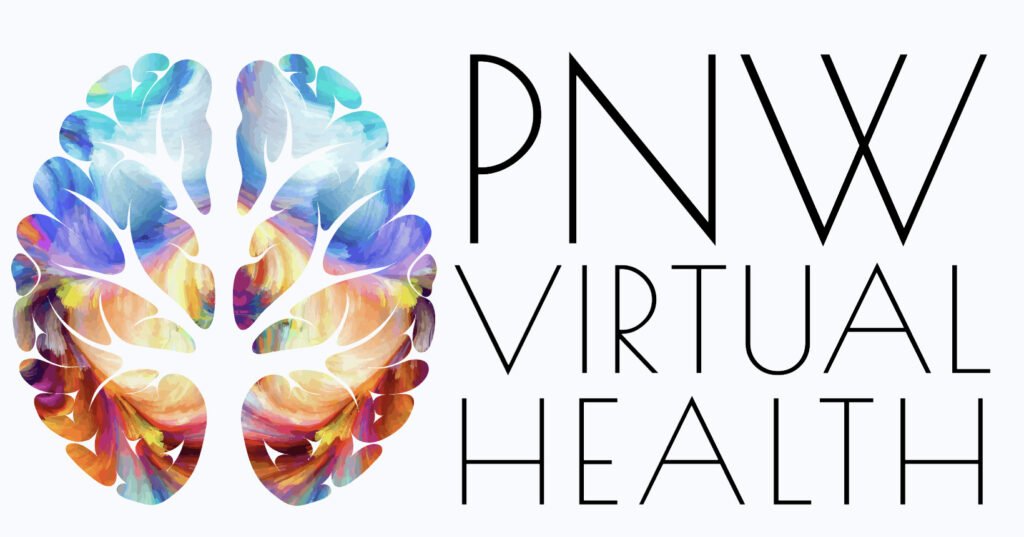Relationships, in all their forms, are a cornerstone of the human experience. They bring joy, support, and a sense of belonging. But what happens when the dynamic is shaped by Attention-Deficit/Hyperactivity Disorder (ADHD)? For those with ADHD and their partners, the path of love and connection can have some unique twists and turns. Misunderstandings can arise, but with the right tools and a healthy dose of empathy, these challenges can become opportunities for deeper understanding and a more resilient bond.
This post will explore how ADHD can impact relationships and offer practical solutions for navigating common areas of struggle. Whether you are the partner with ADHD, or you love someone who is, this guidance is for you.
The ADHD Impact on Relationships
ADHD is a neurodevelopmental condition that affects executive functions—the brain’s management system. This can manifest in ways that directly influence relationship dynamics. Common challenges in ADHD relationships include:
- Communication Hurdles: The ADHD brain can be a whirlwind of thoughts. This can lead to interrupting conversations, difficulty with active listening, or zoning out unintentionally. A partner might feel unheard or dismissed, while the person with ADHD may struggle to articulate their thoughts clearly or feel frustrated by their own conversational patterns. This is a frequent topic in discussions around ADHD dating and long-term partnerships.
- Emotional Dysregulation: Intense emotions can be a hallmark of ADHD. This can look like heightened sensitivity to rejection (Rejection Sensitive Dysphoria), quick frustration, or passionate enthusiasm. For a partner, these emotional shifts can be confusing and sometimes overwhelming, leading to misunderstandings about the person’s true feelings.
- Inattention and Forgetfulness: Missed appointments, forgotten promises, and a scattered approach to household chores are not signs of a lack of care. They are often symptoms of an overtaxed executive function system. However, the impact on a partner can be one of feeling unimportant or burdened with the mental load of the relationship.
- Time Management Challenges: “Time blindness,” or the difficulty in accurately perceiving the passage of time, can lead to chronic lateness and missed deadlines. This can create friction and frustration, especially when it impacts shared plans and responsibilities.
Building Bridges: Solutions for Stronger Connections
Navigating these challenges requires a shift in perspective and a commitment from both partners to learn and adapt. The goal isn’t to “fix” the person with ADHD, but to create a supportive environment where both individuals feel seen, heard, and loved. This is a journey of creating a successful neurodivergent relationship.
Here are some strategies to foster better understanding and a stronger connection:
- Embrace Open and Honest ADHD Communication:
- For the partner with ADHD: When you feel overwhelmed in a conversation, it’s okay to ask for a moment. Try “Can you give me a second to process that?” instead of reacting impulsively. Writing down your thoughts before a serious discussion can also help you stay on track.
- For the non-ADHD partner: Use “I” statements to express your feelings without blame. For example, “I feel hurt when I’m interrupted,” is more effective than “You always cut me off.” Create a calm, distraction-free environment for important conversations.
- Create Structure and Predictability:
- Use shared digital calendars with reminders for appointments and important dates.
- Designate specific, consistent times for checking in with each other about schedules and responsibilities.
- Divide household tasks based on strengths and preferences. If one partner excels at creative problem-solving and the other is a master of details, use that to your advantage.
- Lead with Empathy and Assume Good Intent:
- Remember that ADHD-related behaviors are not a reflection of a person’s character or their love for you.
- Educate yourselves about ADHD together. Understanding the “why” behind certain behaviors can defuse resentment and build compassion.
- Celebrate the strengths that come with ADHD, such as creativity, hyperfocus on shared interests, and spontaneous energy.
- Work as a Team:
- Frame challenges as something you are tackling together, not as one person’s “fault.”
- Acknowledge and appreciate each other’s efforts, even if the execution isn’t perfect. Positive reinforcement goes a long way.
- Seek external support when needed. Couples counseling with a therapist who specializes in neurodiversity can provide invaluable tools and a neutral space for communication.
Navigating a relationship where ADHD is present is a continuous journey of learning and growth for both individuals. It requires patience, a willingness to communicate openly, and a deep well of empathy. By understanding the unique ways ADHD can manifest and by implementing strategies that support both partners, you can move beyond misunderstandings and cultivate a connection that is not only strong but also enriched by the diversity of your experiences.
At PNW Virtual Health, we understand the complexities of neurodivergent relationships. Our team of compassionate and experienced therapists is here to provide you and your partner with the tools and support you need to navigate challenges, improve communication, and build a stronger, more fulfilling connection. Whether you are just starting your journey in ADHD dating or are in a long-term partnership, we can help you foster a relationship where both of you can thrive. Reach out to us today to learn more about our services and how we can support you.
